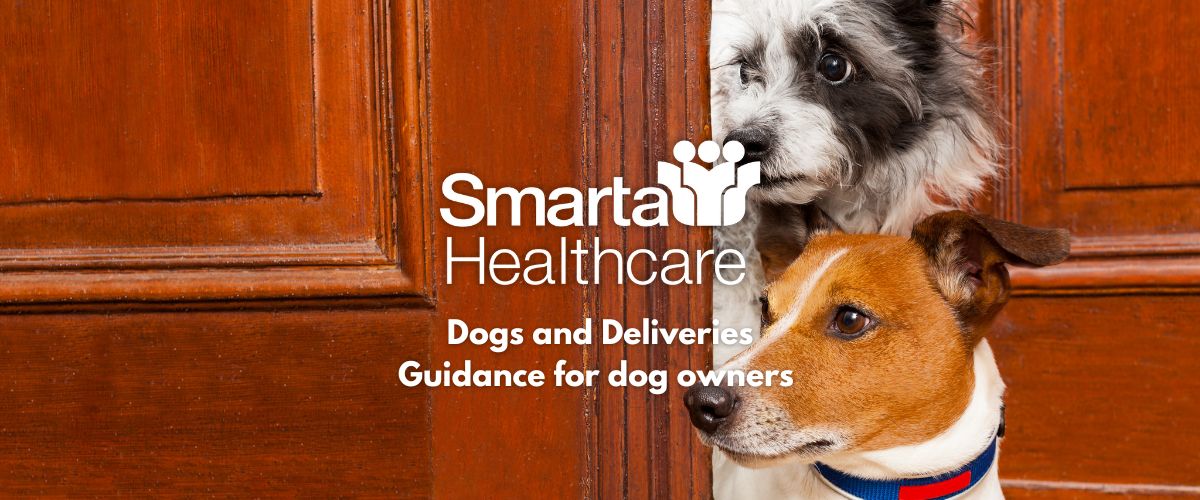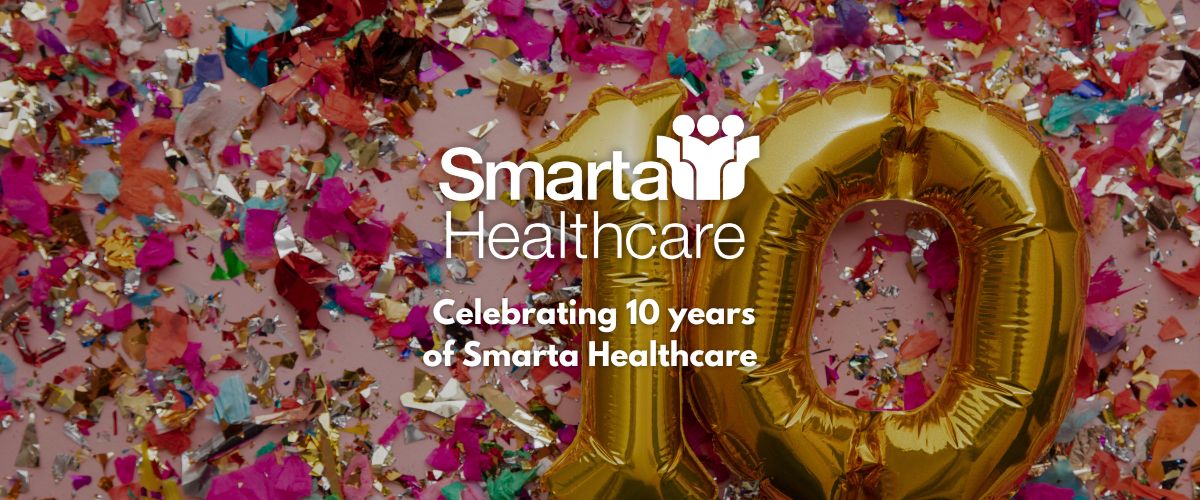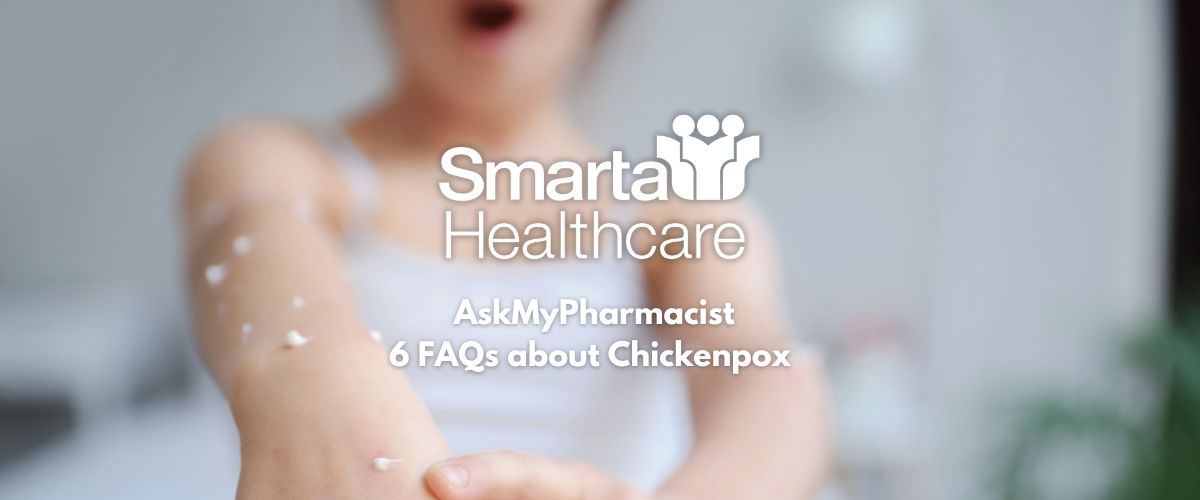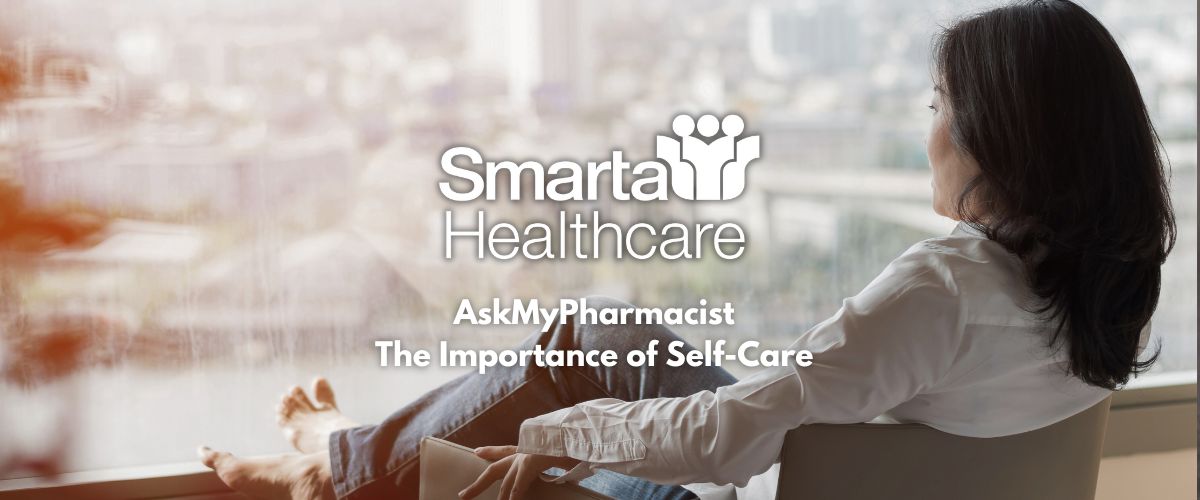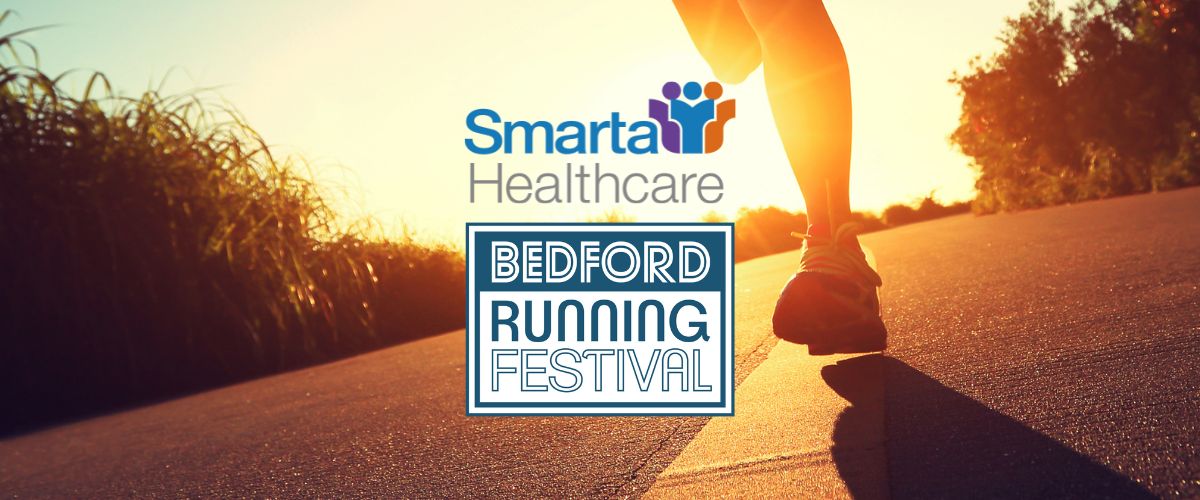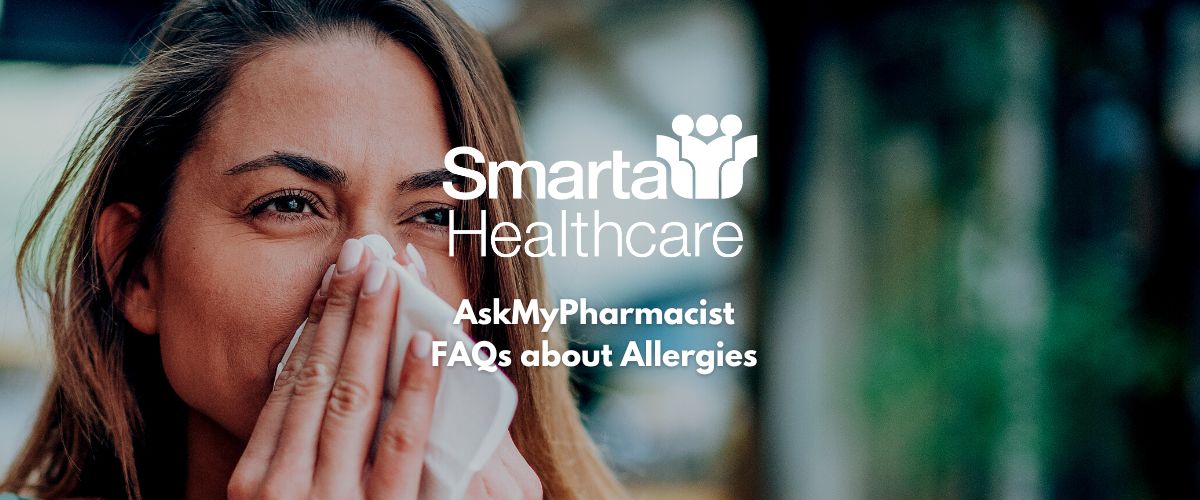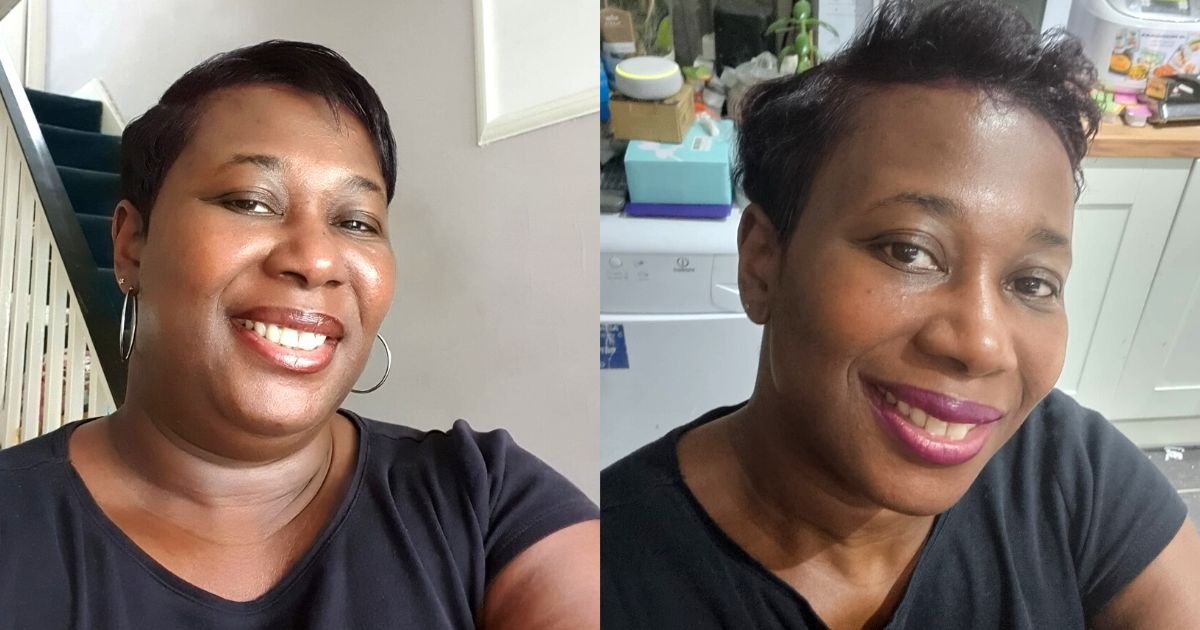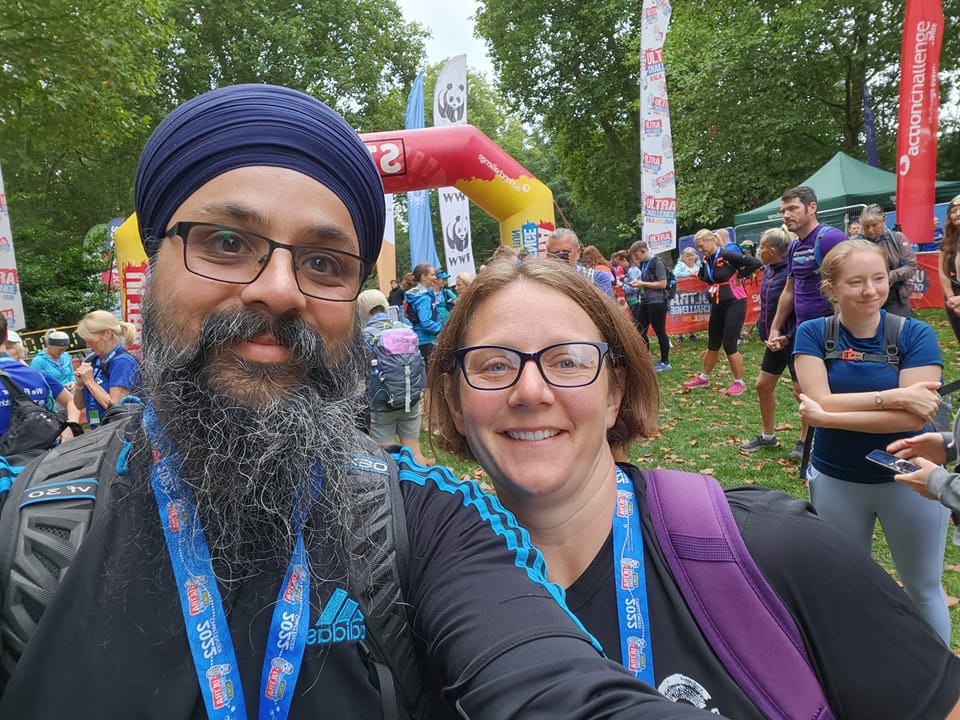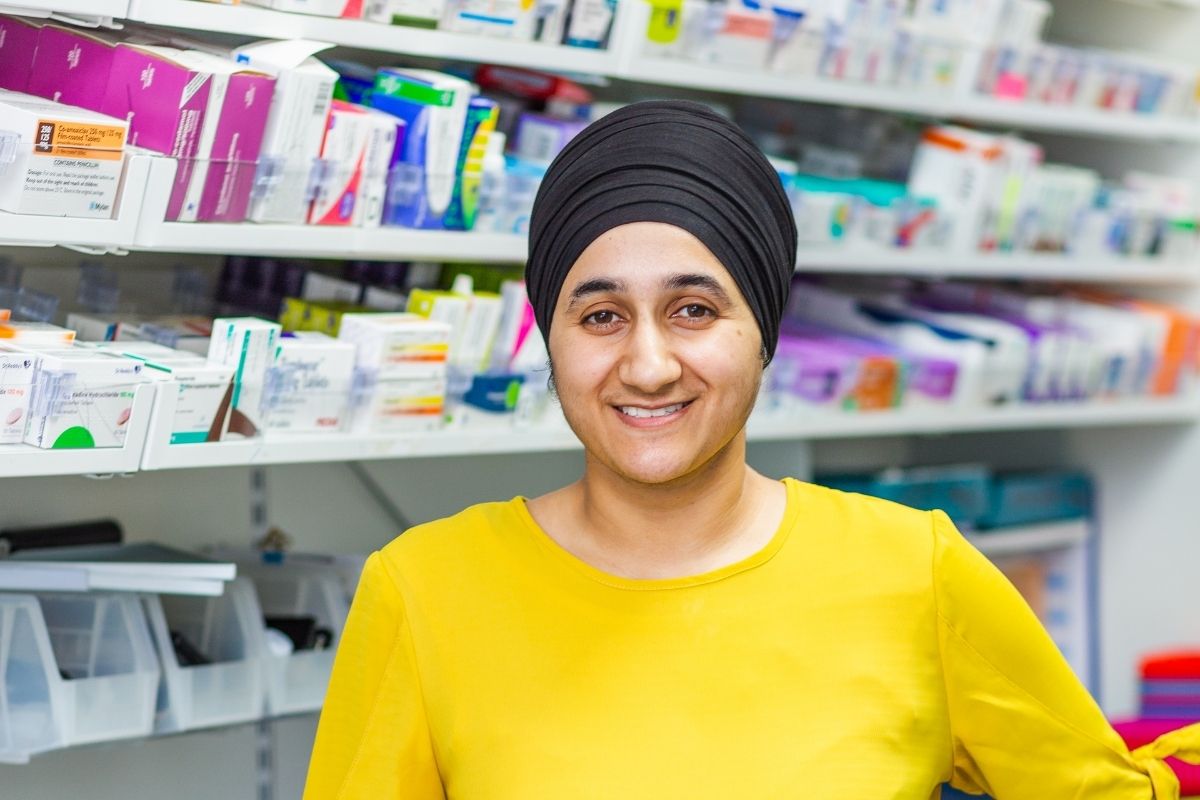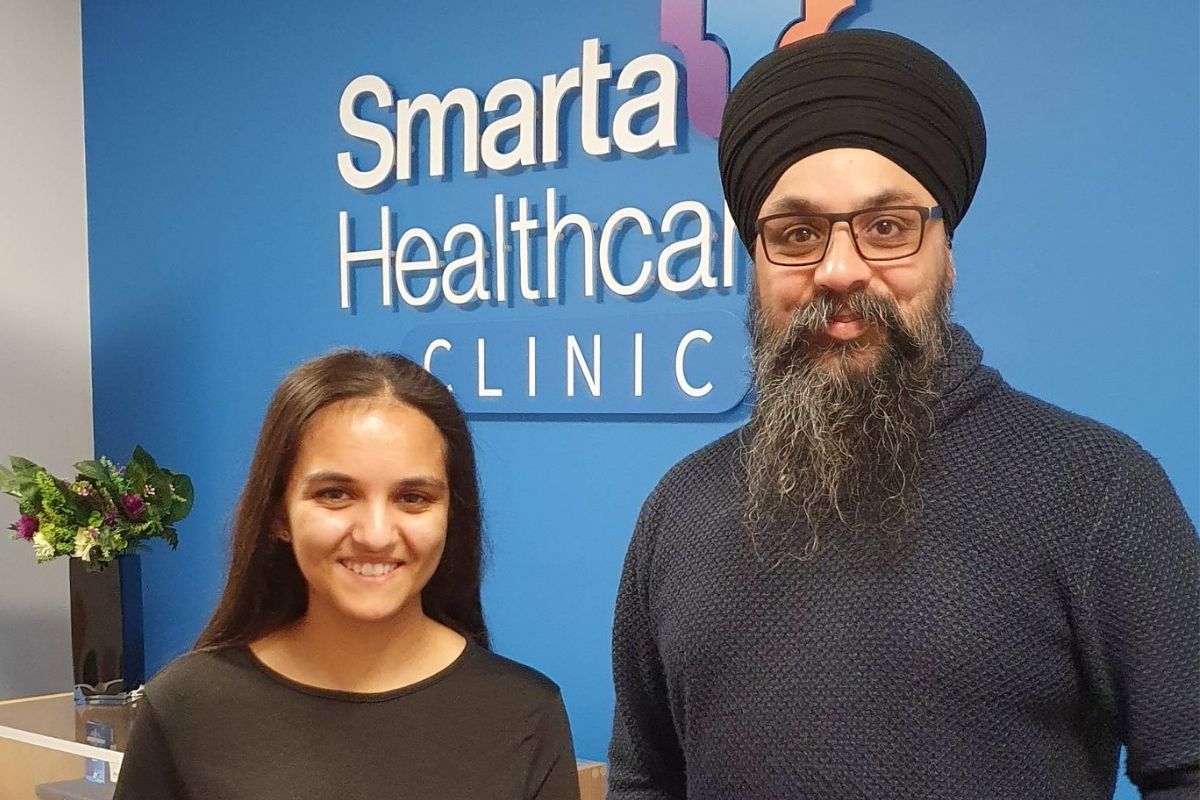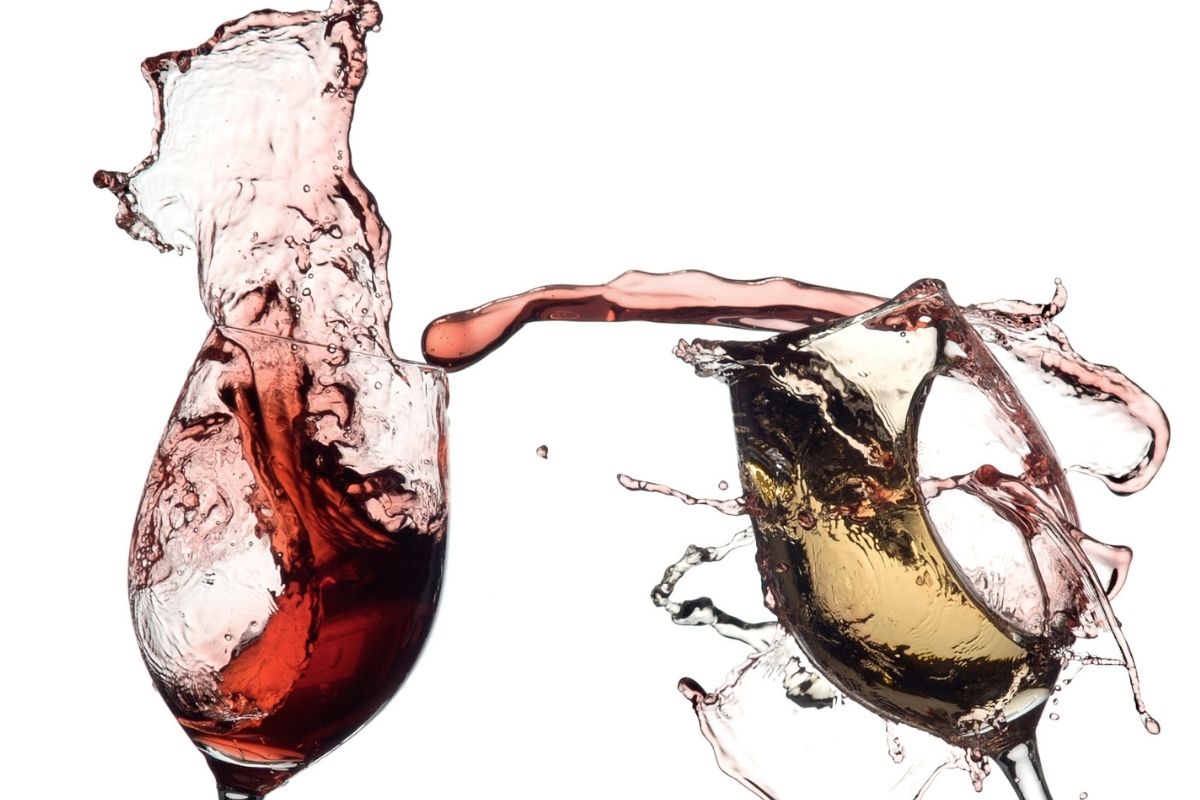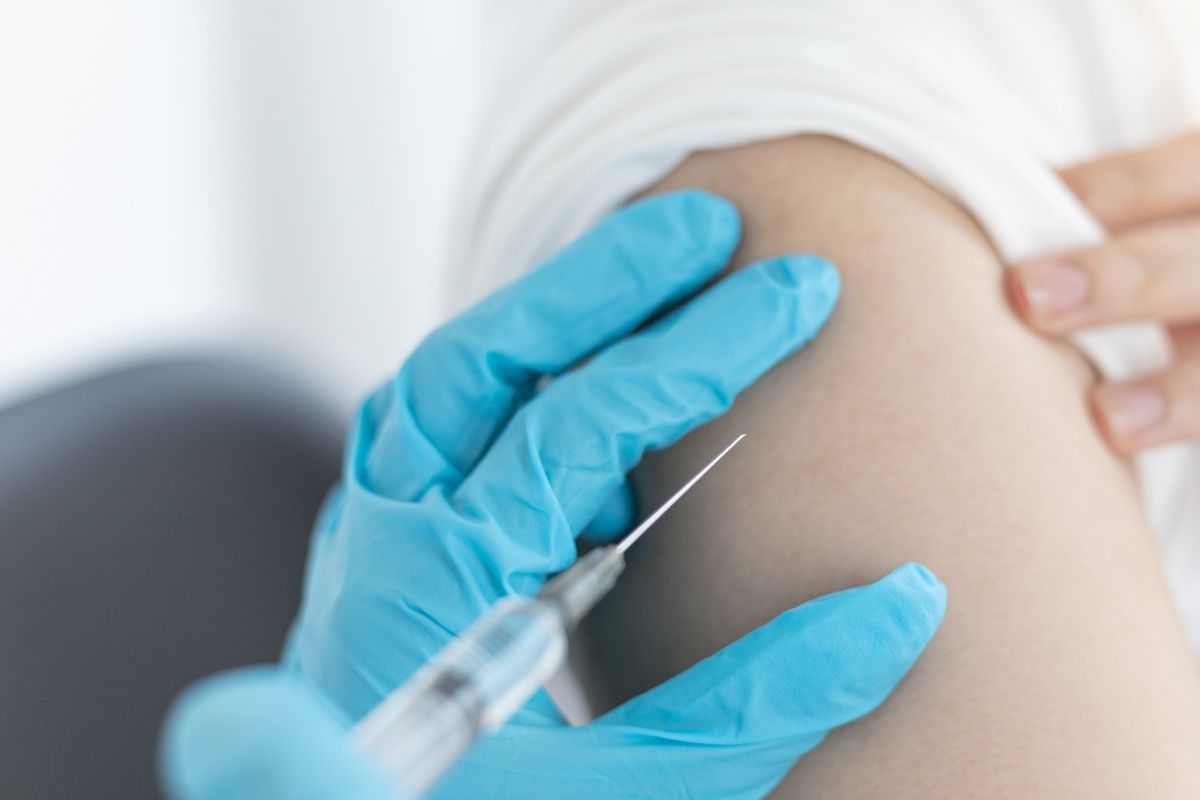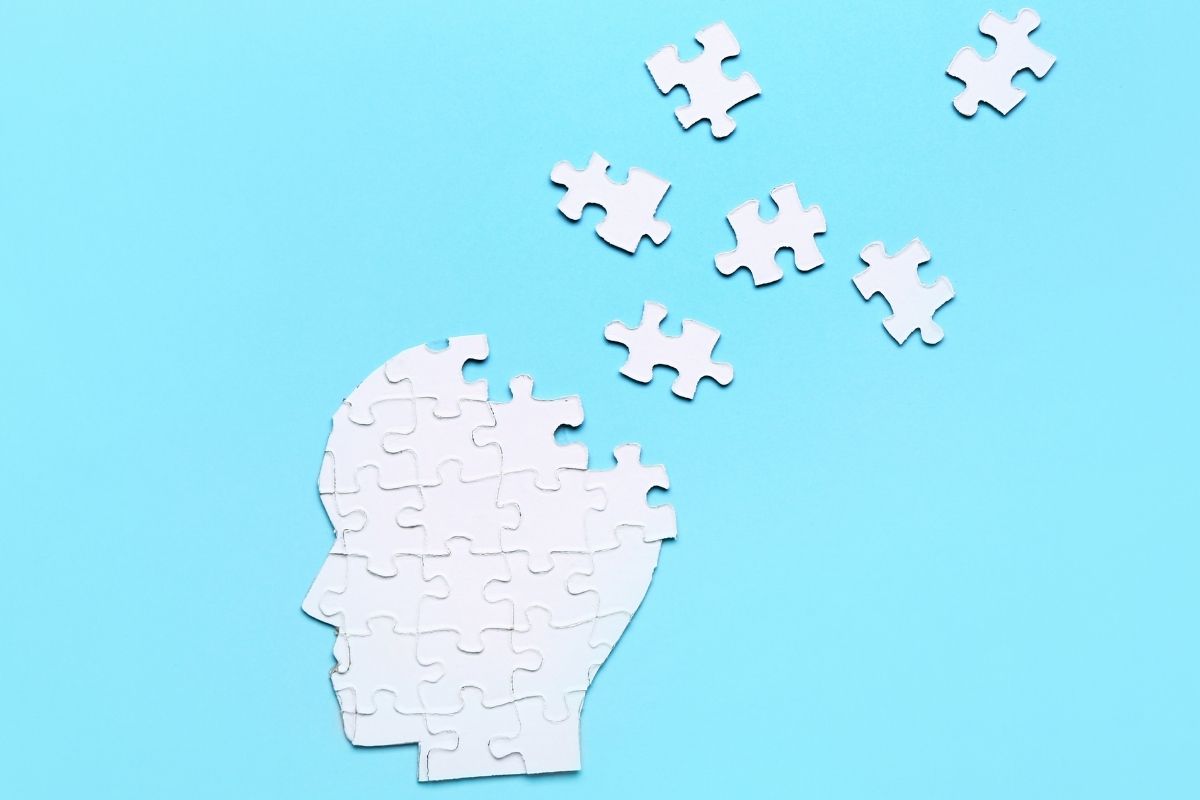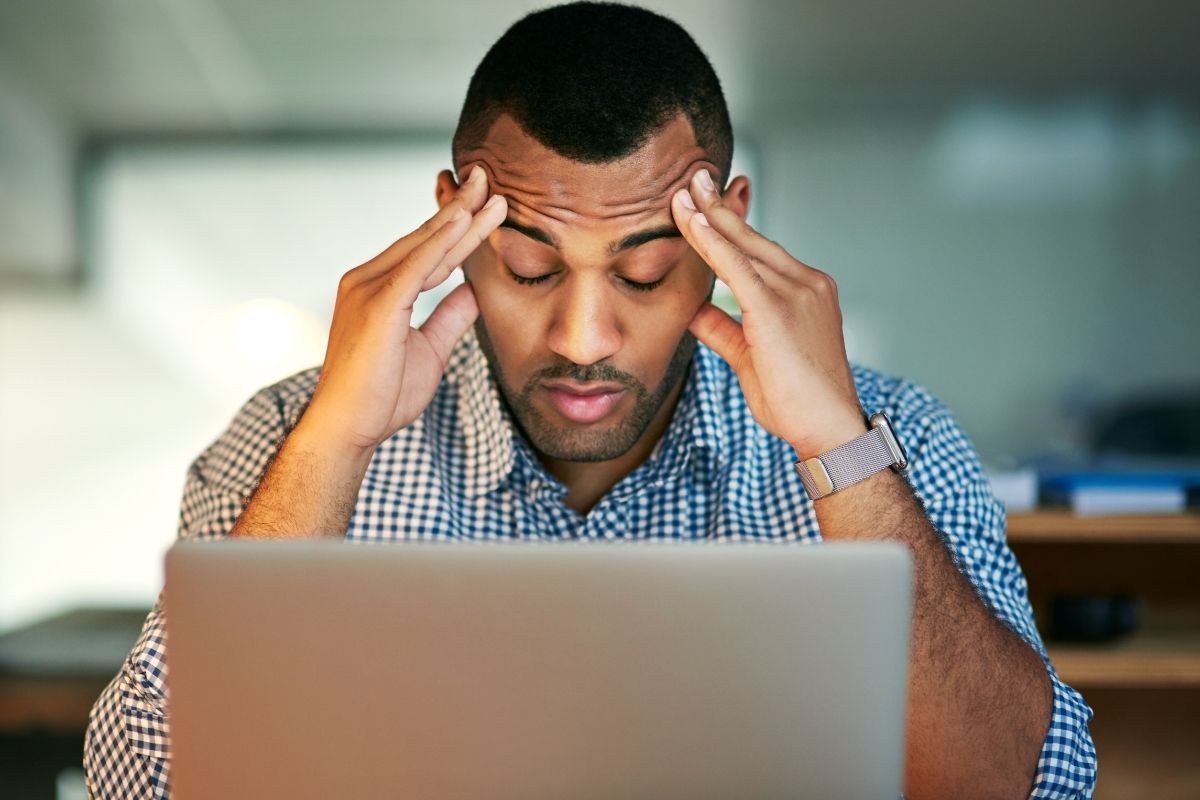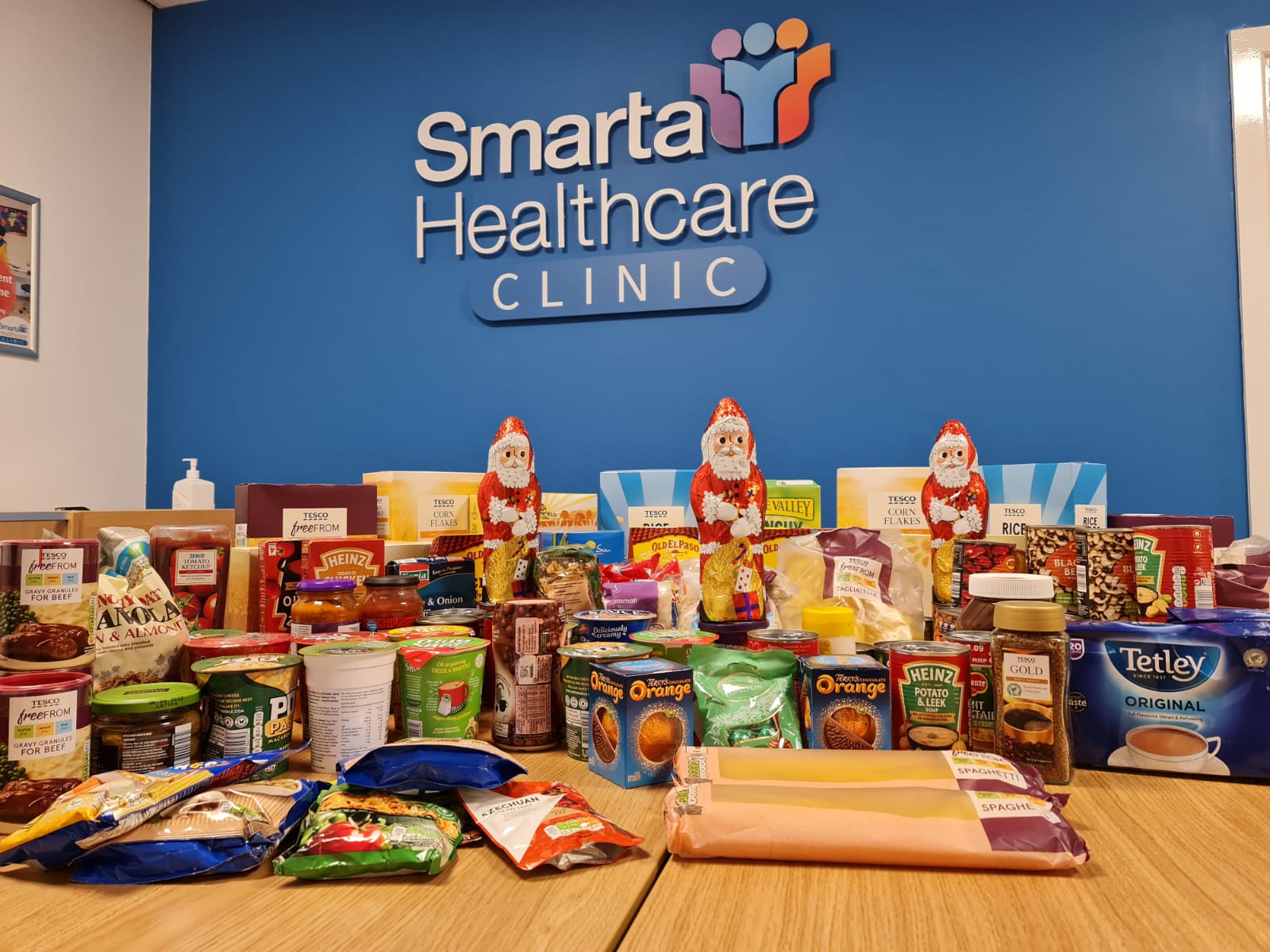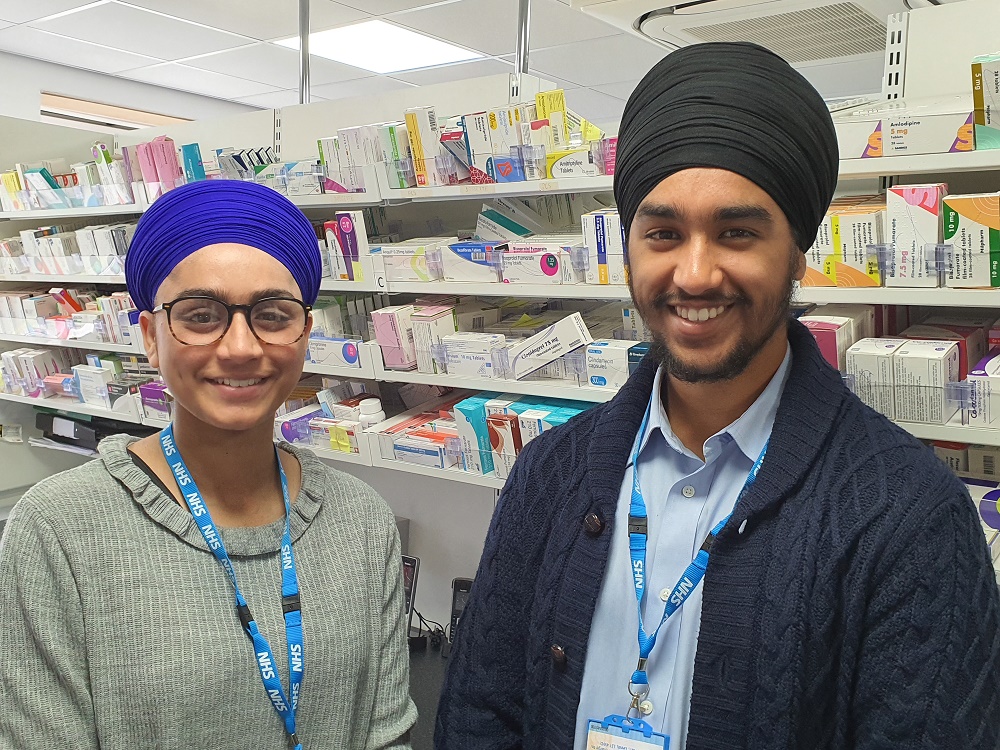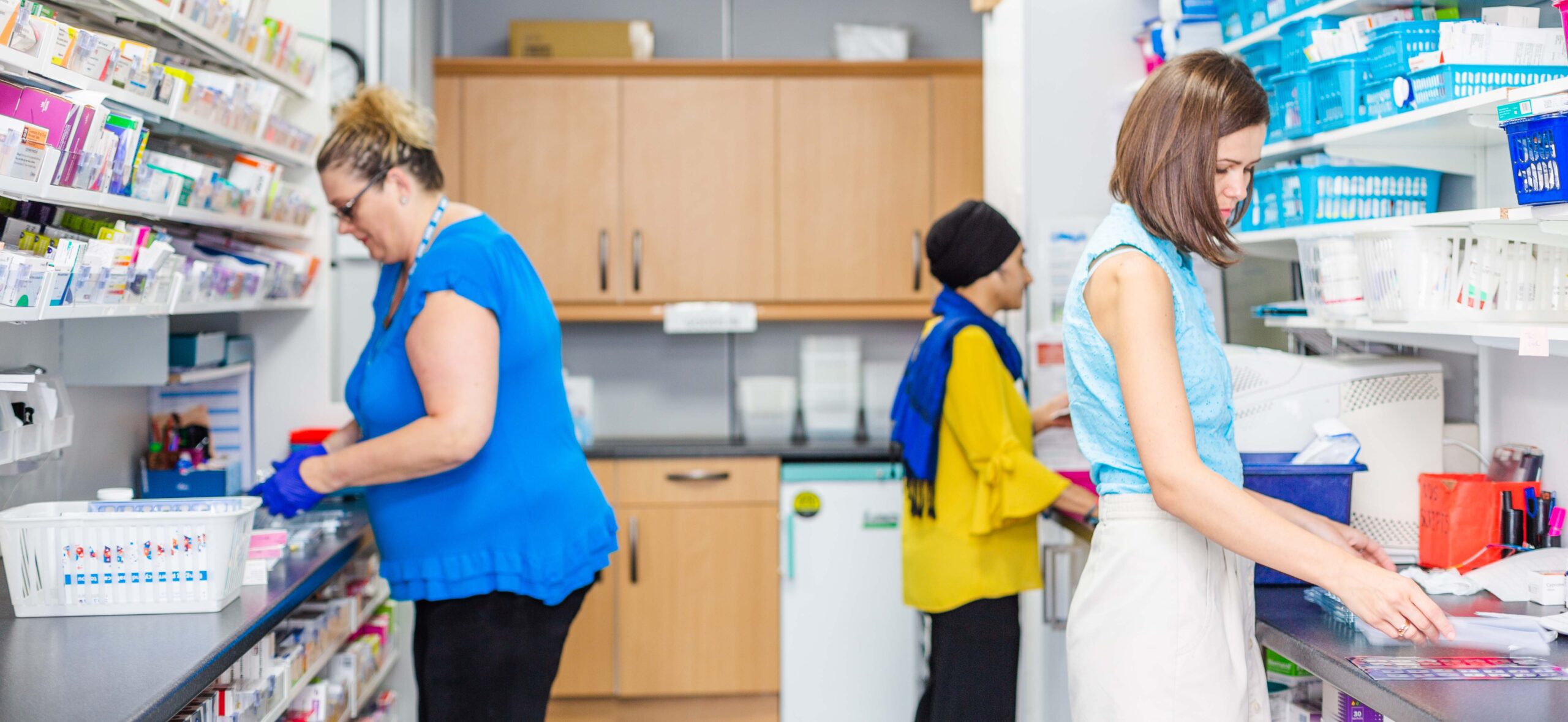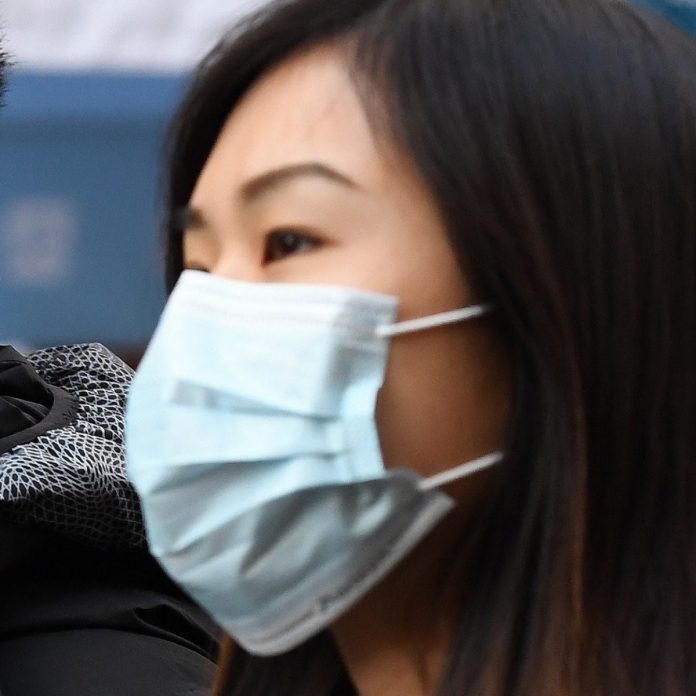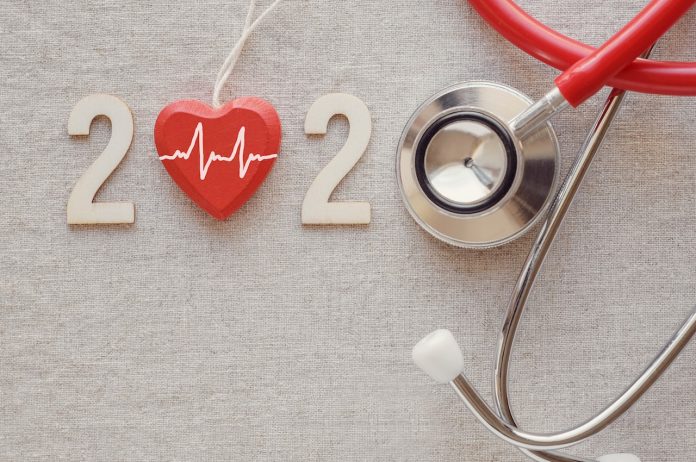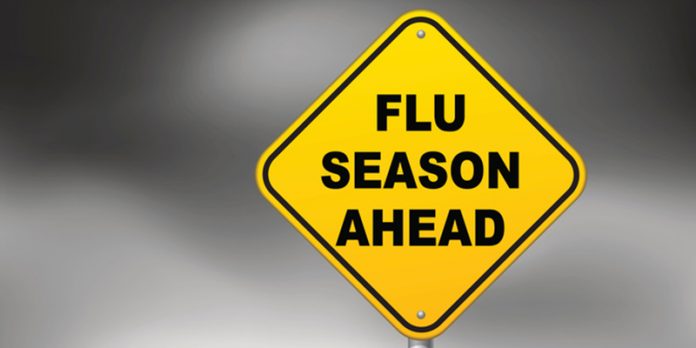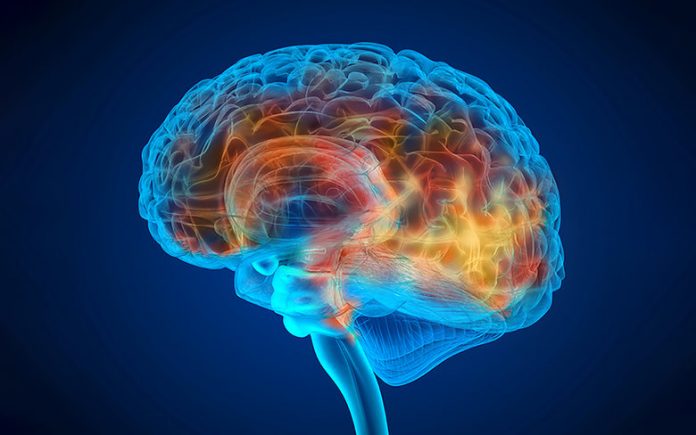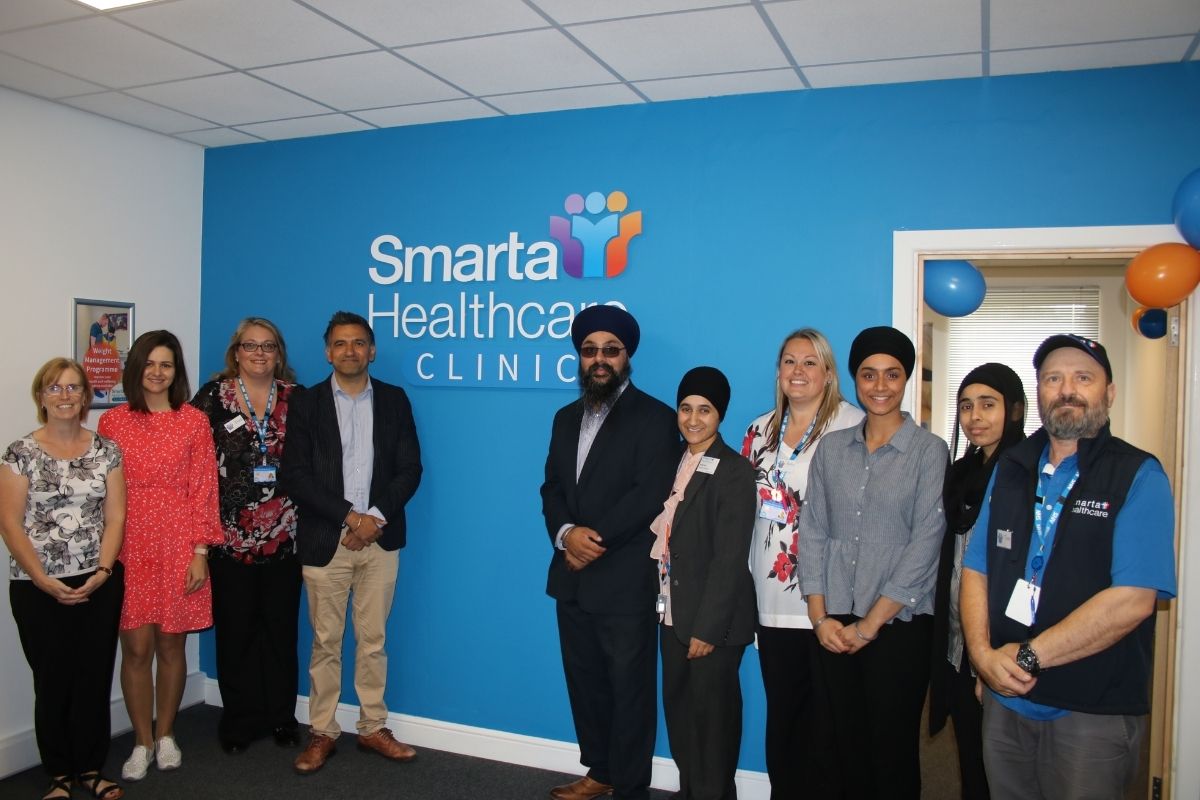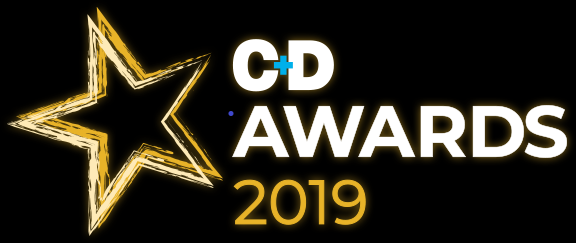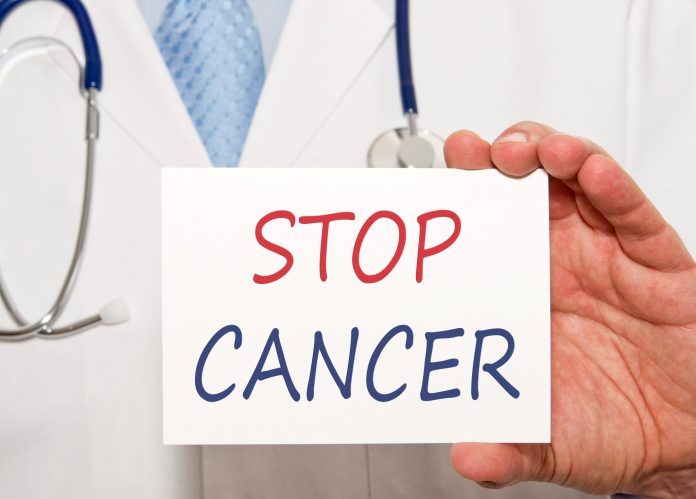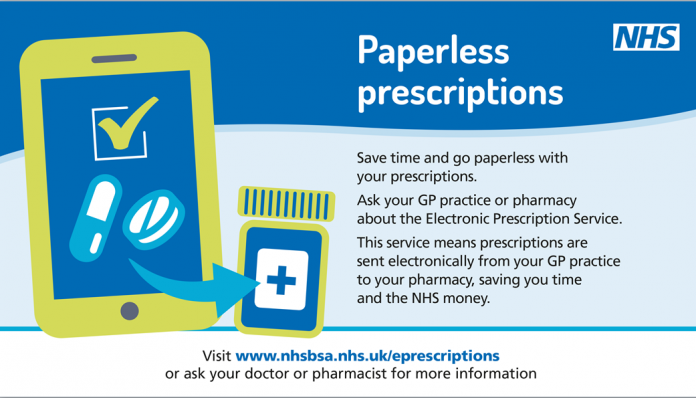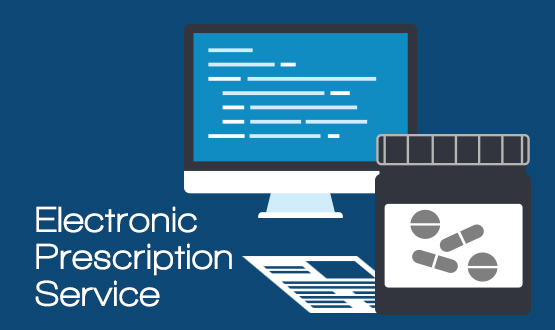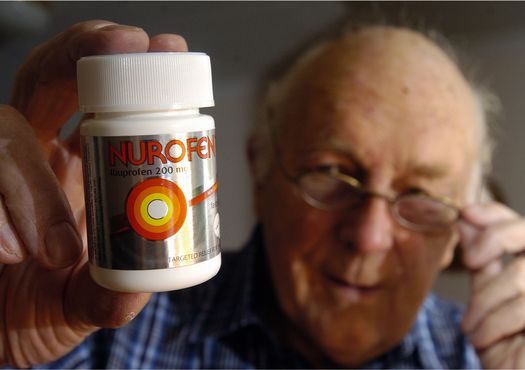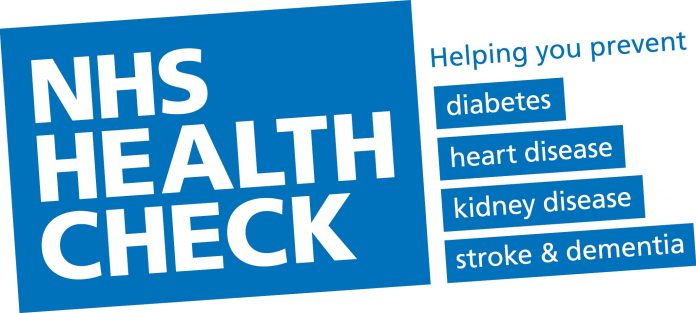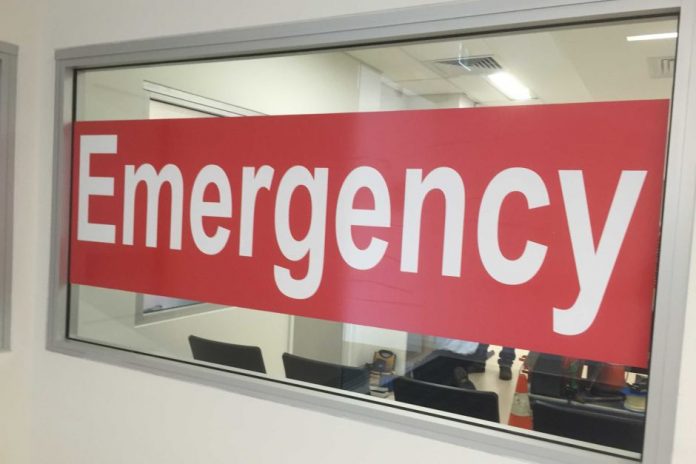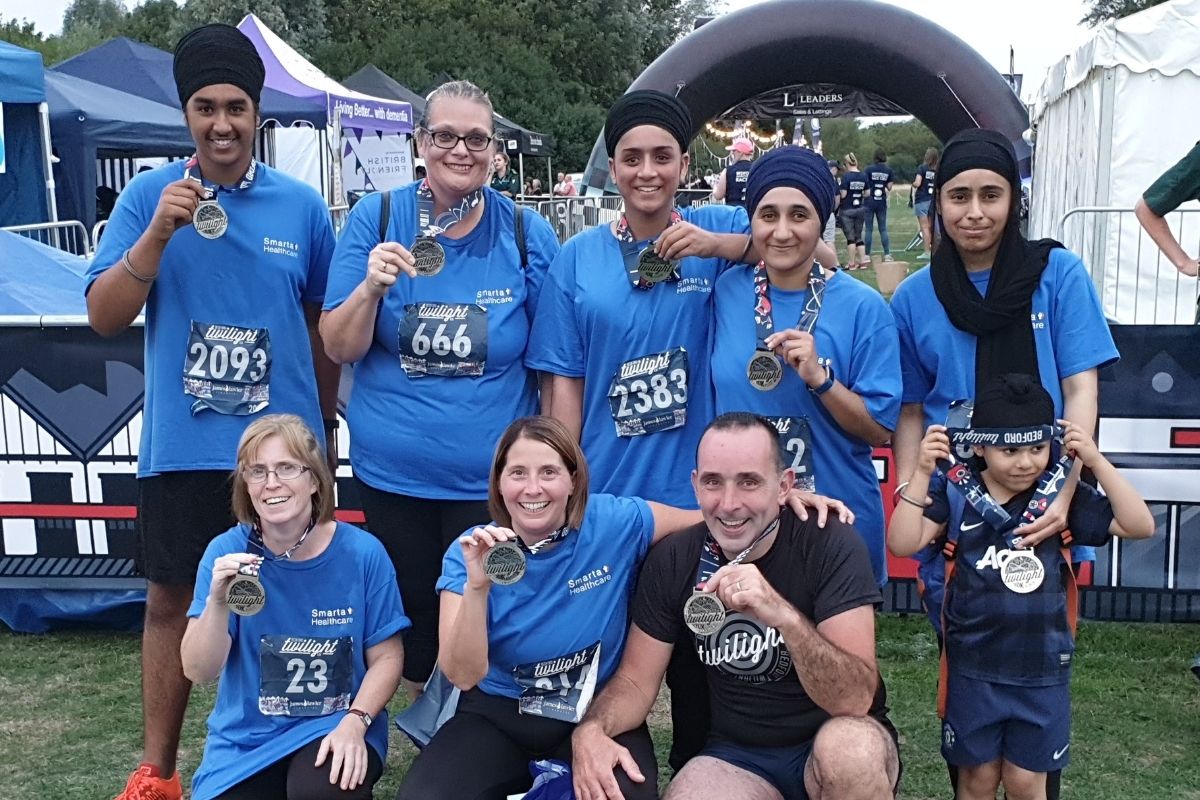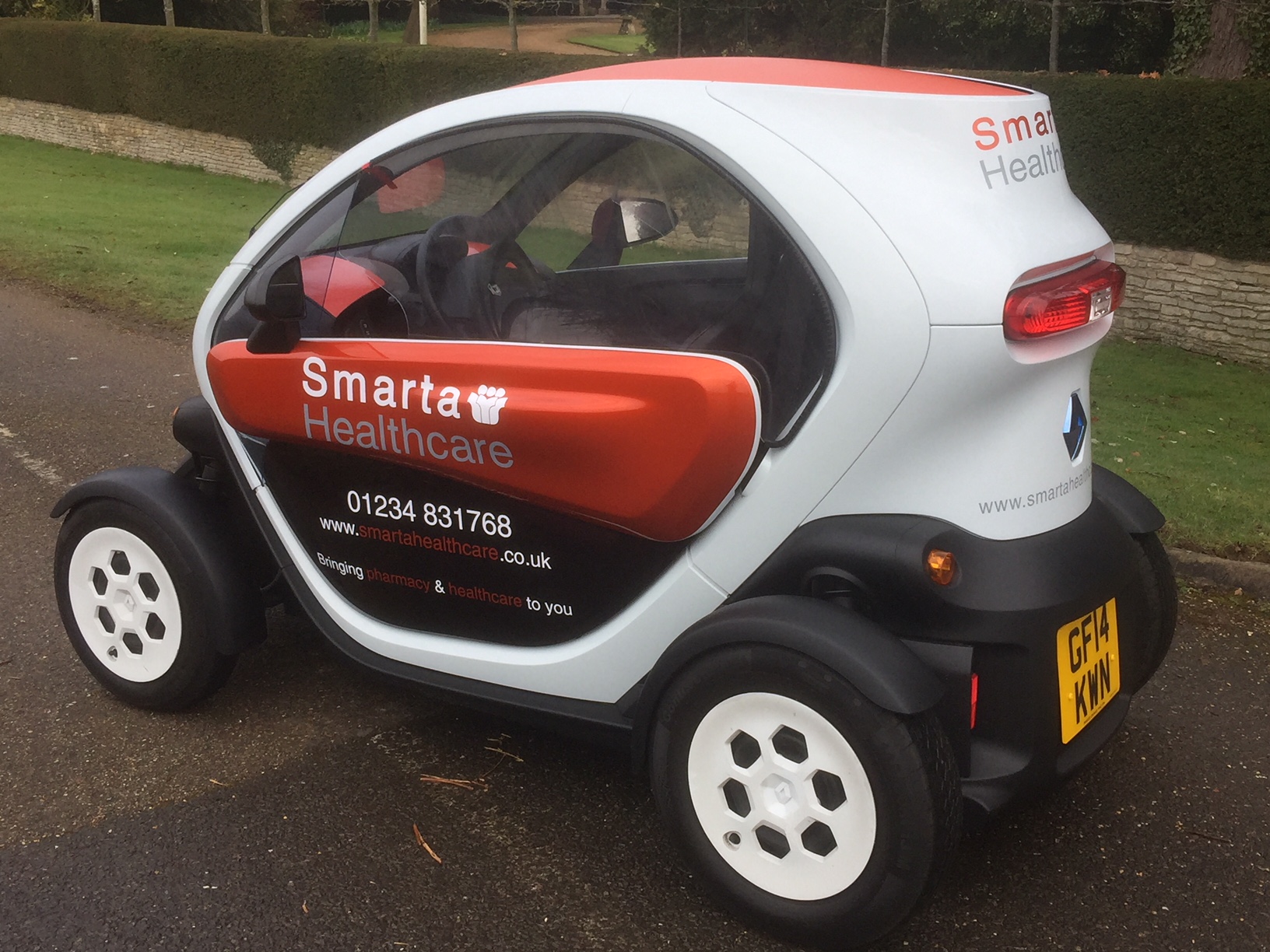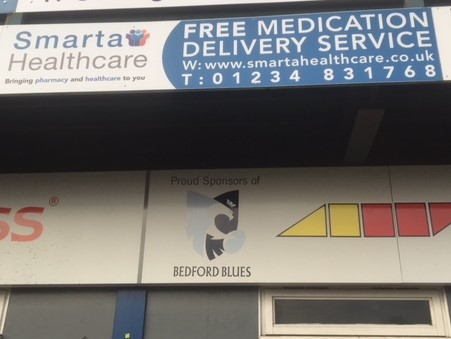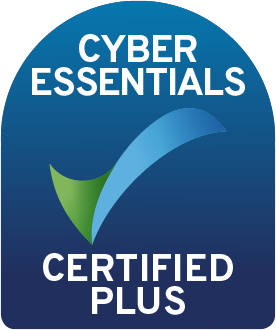AskMyPharmacist 6 Frequently Asked Questions about High Blood Pressure
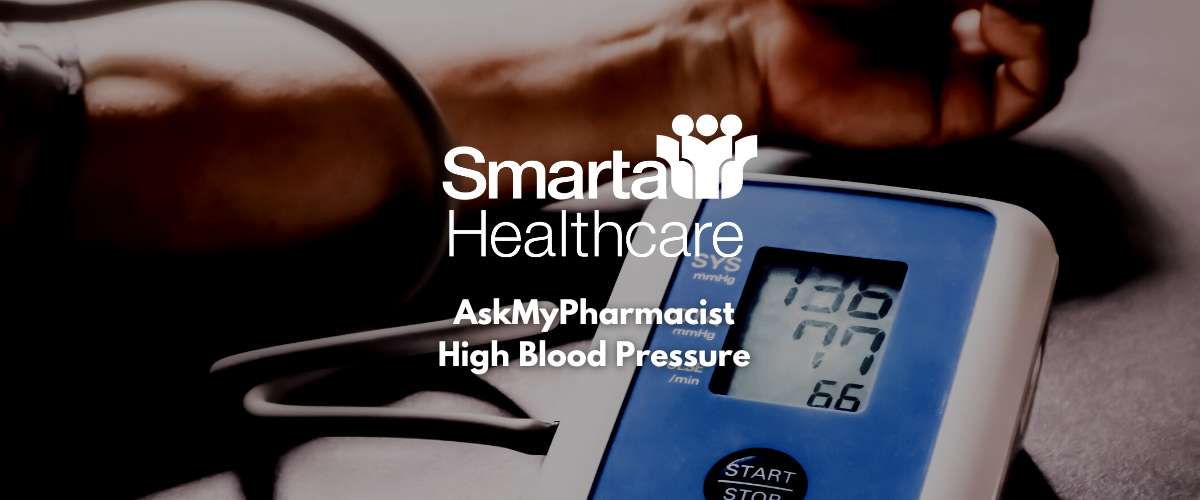
Raised blood pressure is the number 1 cause of preventable death in the world, and an estimated 1 in 3 people in the UK have high blood pressure. However, symptoms are rarely noticeable and getting a blood pressure check is the only way to diagnose high blood pressure, also known as hypertension.
As part of our AskMyPharmacist campaign, we’ve answered 6 of the most frequently asked questions about high blood pressure:
1. What are the signs of high blood pressure?
High Blood Pressure (aka hypertension) often goes undiagnosed because the symptoms are rarely noticeable. The only way to diagnose high blood pressure is to get a blood pressure check.
People with very high blood pressure sometimes feel symptoms such as:
- Headaches
- Blurred or changed vision
- Dizziness
- Buzzing in the ears
- Nausea and vomiting
- Chest pain
- Difficulty breathing
- Anxiety or confusion
- Nose bleeds
If you (or someone in your family) has a history of high blood pressure and you are experiencing one or more of these symptoms, check your blood pressure and arrange to see a medical professional as soon as possible.
2. What is the main cause of high blood pressure?
Unhealthy lifestyle choices such as smoking, drinking too much, eating unhealthy foods, and not getting enough exercise can all lead to hypertension.
Hypertension can also run in families, so it’s important to get your blood pressure checked regularly, especially if your close family have or have had hypertension.
Health conditions such as diabetes and obesity also play a part when it comes to blood pressure.
Smarta Healthcare can help you with expert advice, products and even managed programs or workshops to get you back on track with your health. Give us a call on 01234 831768
3. Why should I get my blood pressure checked?
A blood pressure check is quick and painless, and it provides a window into your overall health.
An estimated 4.2 million adults in England are living with undiagnosed hypertension, and younger adults especially are more likely to be undiagnosed.
The only way to diagnose high blood pressure is with a blood pressure check.
By understanding your blood pressure and any underlying health issues that may affect it, you can start to address the problems head on and reduce your risk of life-threatening conditions such as stroke and heart disease.
4. What can I do to lower my blood pressure?
Eat healthily
Make sure you’re getting your 5 fruit and vegetables a day and try to reduce how many sugars and fats you consume. Did you know? Beetroot has been shown to help lower blood pressure!
Reduce your salt intake and limit how much alcohol and caffeine you consume
A little bit of what you enjoy is fine but keep track of how much you’re consuming these ingredients. Always read the ingredients label on packages to identify anything that might be hidden.
Adults should not eat more that 1 teaspoon of salt per day
Medical professionals recommend not exceeding 14 units of alcohol per week. You can check your alcohol consumption by clicking here.
Don’t exceed 400mg (the equivalent of 4-5 cups of coffee or tea) per day, and don’t forget that caffeine is also present in other foods and drinks, including chocolate, energy and soft drinks, and even green tea.
Exercise regularly and maintain a healthy weight
Raising your heart rate for just 30 minutes each day will benefit your overall health and your blood pressure. You can walk, cycle, run or even dance your way to lower blood pressure.
Quit smoking
Smoking is responsible for a long list of serious health problems. The good news is it’s never too late to stop smoking. We can help you with products, advice & even stop smoking workshops. Click here to read more about how we can help.
Reduce stress
Stress can increase your blood pressure, so it’s important to manage your stress levels. If you’re suffering from stress, anxiety, or other mental health conditions, call us to find out how we can help.
Medication
Your doctor may prescribe medication to help lower your blood pressure if you are at risk of a heart attack or stroke.
5. What does my Blood Pressure Measurement mean?
A blood pressure check measures 2 things:
- Systolic Reading -This measures the pressure in the arteries when the heart beats. The ideal range is between 90-120
- Diastolic Reading – This measures the pressure in the arteries when the heart relaxes between beats. The ideal range is between 80-90
6. What is considered high blood pressure?
High blood pressure is considered to be above 140/90mmHg for most adults, or 150/90mmHg for adults over 80.
People whose measurements are from 121/81mmHg to 139/89mmHg are considered to be at risk from developing high blood pressure.
